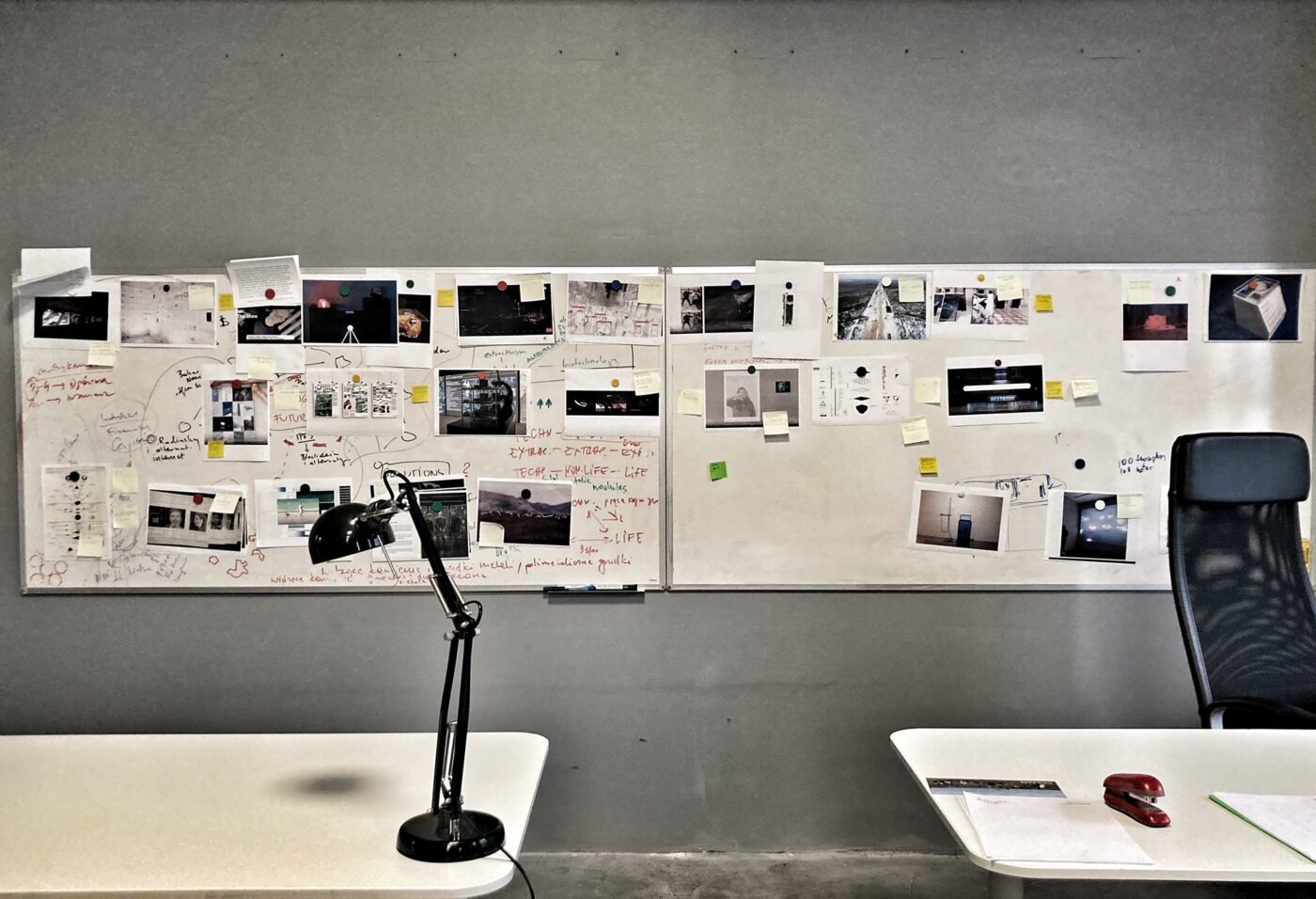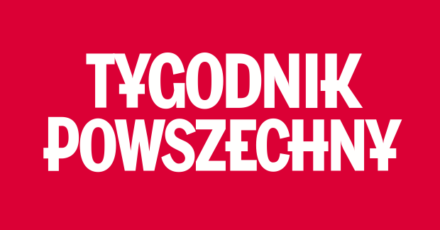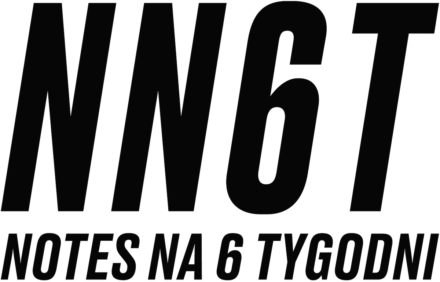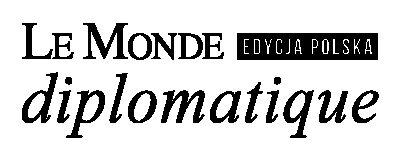What we did in 2021 and what will the nearest future bring: Biennale Warszawa 2022
Press release
In the past year, our activities were focused on care, solidarity and the commons. Projects we completed were a response to the continued crises in the areas of economy, healthcare, and climate. The upcoming year will be predominantly marked by the second edition of Biennale, devoted to technology treated as a battlefield for our future, as well as searching for alternatives to digital authoritarianism.
In 2021, we organised four discursive series with the participation of international guests. Recordings from all Biennale events can be found on our website under “Resources”.
“Economics of the future”, curated by Przemysław Wielgosz and devoted to the heterodox economics, this time focused on its anthropological aspects. The meetings were inspired by the thought of late American anthropologist David Graeber and his works on debt, baseline communism, and anthropological theory of value. The series concluded with the publication which constitutes a proposition to expand the field of political economics to include the issues of the climate catastrophe, the Anthropocene and the Capitalocene, the commons, and democratic governance.
How to combine the struggles of marginalised subjectivities and look for gaps in the capitalist reality was what we discussed in the series “Plebs, the commons and alternatives to capitalism” curated by Katarzyna Czeczot, Łukasz Moll and Michał Pospiszyl. Debates were devoted to the commons, margins, popular enlightenment as well as new forms of communalism. Meanwhile “Care revolutions” revolved around social and economic significance of reproductive work, and commodification and privatisation of care. The series curated by Michalina Augusiak, Kinga Kurysia and Ida Ślęzak was an attempt to diagnose the crisis of care from the perspective that combines both class and feminist approach.
Is it possible to rebuild the global food chain? How to promote a deeper understanding of where does the food on our plates come from? The programme “Towards solidary nutrition. Warsaw 2030+” curated by Anna Galas-Kosil concerned alternative models of farming and shortening of supply chains. Within the project, a web document Edible City Warsaw was created; a futuristic story about the capital city with food sovereignty. What is more, we held an International Forum of Permaculture Educators co-organised by Agro-Perma-Lab Foundation.
We decided on a forum as our formula because it enabled summing up the knowledge gathered throughout debates and meetings, and created space for forming relationships, strengthening communities and developing collective forms of cooperation. Apart from the permaculture forum, this year we also organised the Forum of Care Practices focused on developing a list of postulates which could help build a more just world after an effective reproductive strike. People invited to participate included social feminists, care and healthcare professionals, feminist economists, queer activists, union members and migration activists. Meanwhile during the forum titled Warsaw Consensus, economists created a document featuring principles on which post-pandemic economics should be based, as well as concrete demands to transform global capitalism.
In the front window of Biennale Warszawa, two works were displayed, both created within our residency programme “COVID-19. The World After the Pandemic.” Monika Drożyńska worked with language that shapes the post-pandemic reality and presented a piece Concern which raises the issues of ethics and politics of care, as well as emotions related to care. Tytus Szabelski’s residency devoted to the artistic research around the company Amazon was concluded with the piece Sznur / The Rope in which the artist explored contemporary paradoxes of knowledge, entanglement in the mechanisms of consumption as well as possibilities of stepping outside the logic of capital.
Moreover, Biennale Warszawa joined the ART–RESIDENCIES Belarus network which supports the oppressed artists and cultural activists on the other side of our eastern border. The initiative organises stays in Poland and support for creators in Belarus. Our objective is to enable artistic work, provide scholarships, as well as psychological and legal assistance.
2021 was for us a time of expanding our international network of contacts. Within East Europe Biennial Alliance (whose members include Biennale Matter of Art in Prague, Biennale Warszawa, Kyiv Biennial, OFF-Biennale Budapest and Survival Kit Festival in Riga) discussions with EEBA members were organised – concerning the ways in which each biennial engages in the cooperation of Eastern Europe with the areas of the global South. EEBA members were also co-curators of Allies – the fourth edition of the Kyiv Biennial, an international forum of art, theory, and politics. This years’ edition emphasised the significance of trans-border cooperation and looked at various historical and contemporary examples of cultural and political alliances in Eastern Europe.
A series of lectures organised by an international research network FEINART (The Future of European Independent Art Spaces in a Period of Socially Engaged Art) this year featured a talk presented by Biennale Warszawa representative, Kuba Szreder PhD. In his lecture, he talked about feminist economics of contemporary art and the latest examples of art activism. December is a period of study visits of FEINART scholarship holders – in preparation for a residency at Biennale Warszawa planned for spring 2022.
In the second half of the year, Biennale Warszawa hosted the Polish premiere of the performances in the series landscapes & bodies, which explore the consequences of extractivism, a model of development based on mass exploitation of natural resources. The performances Gold&Coal and Water&Coltan were created by the international art collective Kötter / Israel / Limberg in cooperation with Polish creators (Anna Ptak – dramaturgy, Marcin Lenarczyk – sound), performers, researchers and local mine workers from Indonesia, DR Congo, Germany and Papua.
What will happen next year? Our current priority is preparing the second edition of Biennale Warszawa which will be an attempt to map out the architecture of the digital world in its political, material and existential dimension. Besides the status quo diagnosis essential for creating awareness about the limits of freedom set by technological giants, equally important for us will be speculative projects and works breaking the monopolies and proposing different methods of managing the world: from hacking, viraling and activism to counter-infrastructure that enables the network to work in new, decentralised ways. For this purpose, we have invited artists, researchers, designers, scientists and activists, as well as Polish and international institutions, organisations, and representatives of informal and formal initiatives.
Follow our website www.biennalewarszawa.pl and social media profiles where we will be posting all new information about Biennale Warszawa 2022 as they come.
Contact for the media:








